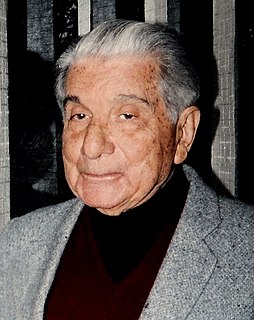A Quote by Laura Whitcomb
Books are boring," James said as he wrote. "They line the walls like a thousand leather doorways to be opened into worlds unknown," I offered.
Related Quotes
The library smells like old books — a thousand leather doorways into other worlds. I hear silence, like the mind of God. I feel a presence in the empty chair beside me. The librarian watches me suspiciously. But the library is a sacred place, and I sit with the patron saint of readers. Pulsing goddess light moves through me for one moment like a glimpse of eternity instantly forgotten. She is gone. I smell mold, I hear the clock ticking, I see an empty chair. Ask me now and I'll say this is just a place where you can't play music or eat. She's gone. The library sucks.
I pledge to set out to live a thousand lives between printed pages. I pledge to use books as doors to other minds, old and young, girl and boy, man and animal. I pledge to use books to open windows to a thousand different worlds and to the thousand different faces of my own world. I pledge to use books to make my universe spread much wider than the world I live in every day. I pledge to treat my books like friends, visiting them all from time to time and keeping them close.
A leather jacket,” Kami said as he shrugged into it. “Aren’t you trying a little too hard to play into certain bad boy clichés?” “Nah”, said Jared. “You’re thinking of black leather. Black leather’s for bad boys. It’s all in the color. You wouldn’t think I was a bad boy if I was wearing a pink leather jacket.” “That’s true,” Kami said. “What I would think of you, I do not know. So what does brown leather mean, then?” “I’m going for manly,” Jared said. “Maybe a little rugged.” “It’s bits of dead cow; don’t ask it to perform miracles.
I loved rain for making home seem home more deeply, and I suspect that is why, from as far back as I can remember, I also loved those books I read and the people I met in them and the worlds they opened up to me. Like a house in the rain, books were havens of permanence and protection from whatever it was that as a child I needed protection from.
One wouldn't want to say that what makes a good writer is the number of books that the writer wrote because you could write a whole number of bad books. Books that don't work, mediocre books, or there's a whole bunch of people in the pulp tradition who have done that. They just wrote... and actually they didn't write a whole bunch of books, they just wrote one book many times.
There were epochs in the history of humanity in which the writer was a sacred person. He wrote the sacred books, universal books, the codes, the epic, the oracles. Sentences inscribed on the walls of the crypts; examples in the portals of the temples. But in those times the writer was not an individual alone; he was the people.
Throughout my career as a lawyer, teacher and labor leader, books have remained my constant companion - stuffed into a briefcase, overflowing on my bedside table, stacked on my desk at work. Books have carried me to distant worlds, opened new doors and made me feel empathy, compassion, anger, fear, joy, acceptance - and everything in between.





































